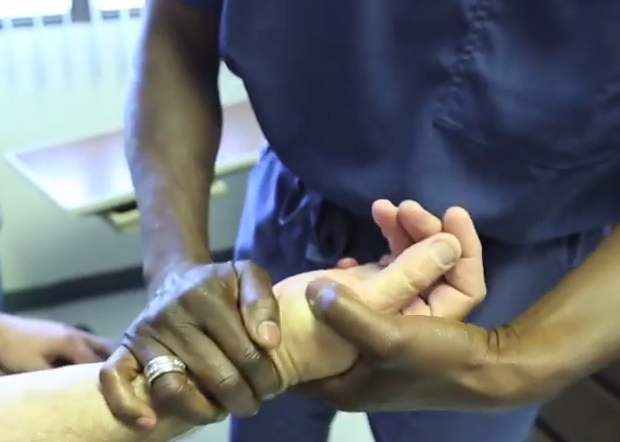
By D. Levi Harrison, MD
Orthopedic Surgeon
Author: The Art of Fitness: A Journey to Self-Enhancement
Surgical risks of an orthopedic procedure should always be discussed at length with your surgeon. She or he must be aware that you understand and accept the risks of surgery. Remember when you are having an orthopedic procedure, this means there is already a problem and something is not functioning properly. Often, patients ask if they will be 100% after surgery, I quickly remind them that they are not 100% now; however, the goal is to improve their function and minimize pain associated with the orthopedic procedure.
The risks of most orthopedic surgeries include bleeding, infection, pain, deformity, scar, RSD (Reflex Sympthetic Dystrophy or Causalgia), contracture, loss of motion , nerve damage and other unforeseen events. This list of risks may seem scary or upsetting; yet, it is important to have this frank discussion with your surgeon before surgery. This gives you an opportunity to make a well informed decision and to understand the risks involved for your specific procedure.
Surgery can have one of three results in general:
- Make you better.
- Make you worse.
- No change in your status after surgery.
With odds of 33.33% of getting better, this truly sheds light on the fact that surgery should be the last frontier to explore when dealing with most non-traumatic, elective surgical cases.
This article was written to be informative and not to invoke any fear, worry or stress. Knowledge is power. You can simply review some of these basics with your surgeon and have realistic expectations about surgical outcomes and functional results. Great communication is the key in the doctor-patient relationship.
Peace and Health
D. Levi Harrison, MD
What are Surgical Risks for Orthopedic Surgery
Copyright©2014 by D. Levi Harrison, MD

